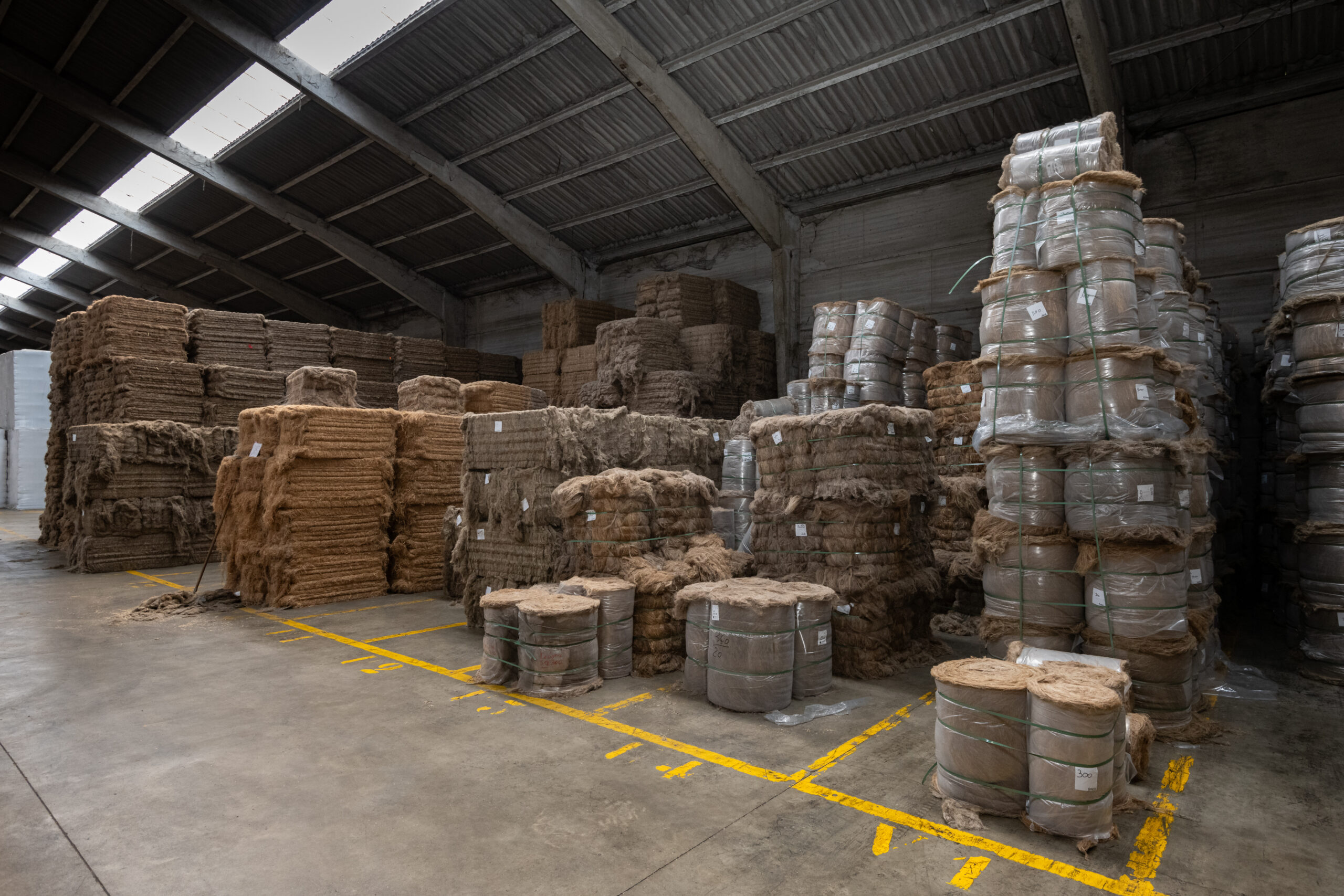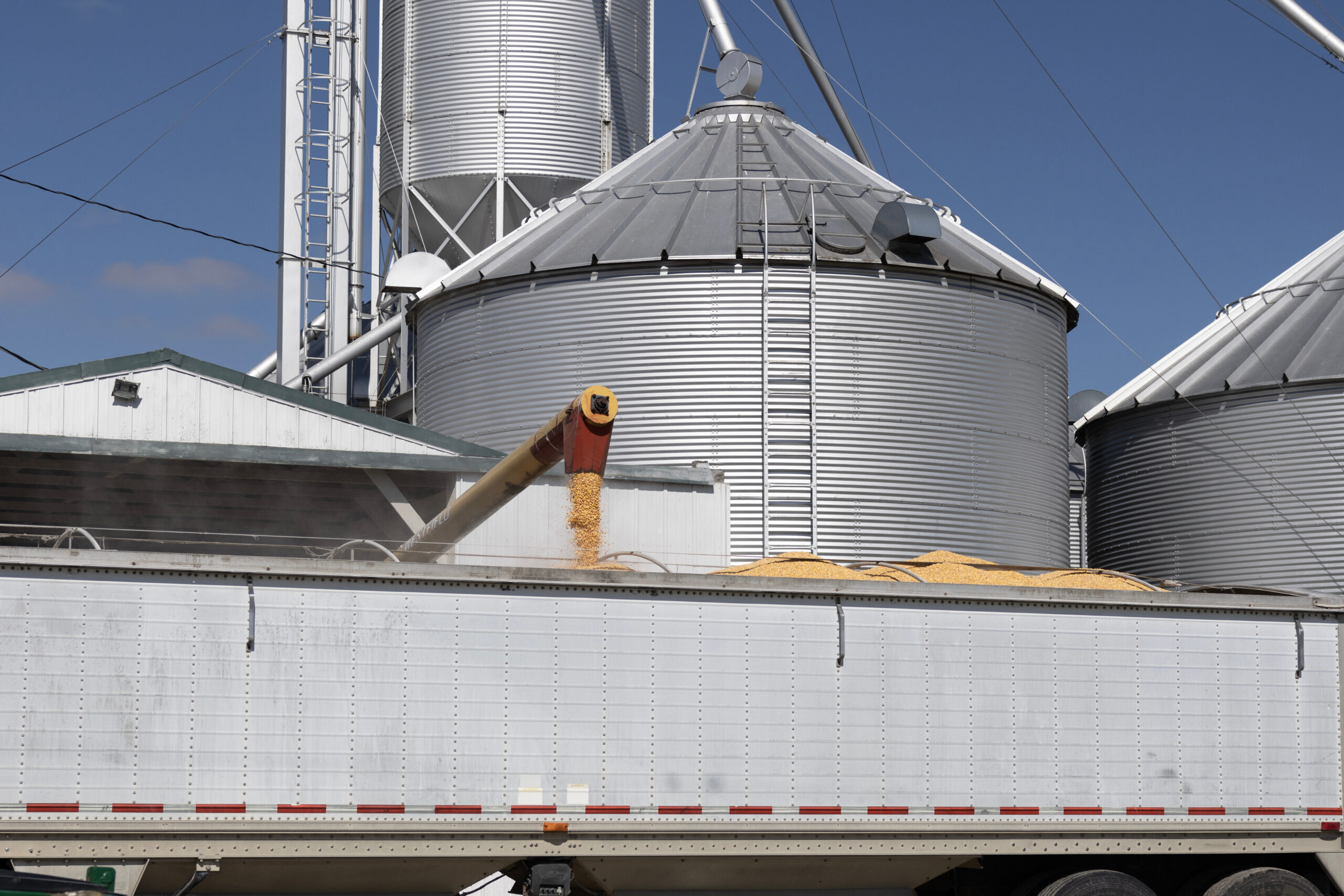Back to mapClose
 See more
See more
Industrial uses

Wide-ranging and substantial outlets for multi-purpose plants
Agricultural products are also used in non-food industrial applications, maximising sthe value of crops and making the best possible use of agricultural resources.
80%
Of products consumed in France are made in France
Interactions with industry
Manufacturers, keenly interested in the technological, organoleptic, and environmental qualities of the varieties they process, are naturally involved in the sector. The industrial uses of plant production are driven by a variety of economic players, including the biotechnology, agri-food, cosmetics, green chemistry, and biofuel production sectors.
These manufacturers take advantage of the properties of plants to produce high-value raw materials, such as vegetable oils, fibres, proteins, and specific molecules. This dynamic of innovation meets the growing needs for sustainability, traceability, and performance of plant-derived products, drawing in particular on advances in varietal selection and agronomic research.
Did you know: 100% of a sugar beet can be used
The two main markets for beetroot are sugar and alcohol. The sugar-making process produces by-products: pulp for animal feed, scum used as fertilizer, and molasses for making yeast or alcohol. Finally, the water contained in the beetroot will be fully recycled.

Many opportunities
The profile of cultivated species permits a multitude of industrial opportunities in different sectors. Each variety is selected and developed to meet specific needs, based on its agronomic characteristics and its ability to produce raw materials suitable for appropriate uses.
- Biofuels (made from rapeseed, corn, beetroot or sorghum): this use is part of the energy transition process, with biofuels seen as a solution for cutting greenhouse gas emissions. Plant breeding plays a key role here, optimizing the yield of energy crops and increasing the resistance of plants to changing climate conditions.
- Green chemistry: Oil-rich varieties, such as sunflower or soybean, are increasingly used to produce bioplastics, biodegradable lubricants and chemicals from renewable raw materials. By selecting specific varieties, it is possible to improve the quality of extracted oils by targeting specific compositions (fatty acids, omega content, etc.) to meet the requirements of the chemical and biotechnology industries.
- Cosmetics and health: Certain plants are selected for their pharmaceutical or cosmetic properties, particularly varieties rich in antioxidants, vitamins, or essential fatty acids. For example, flax and camelina are used to produce oils rich in omega-3s, which are highly valued in moisturizers, hair oils, and dietary supplements.
- Natural fibres: Crops like hemp and flax are valued for their strong, eco-friendly fibres. These fibres are used in the manufacture of sustainable textiles, building materials, and in the automotive industry to replace traditional plastic-based composite materials.
What are the benefits of plant breeding?
Manufacturers' expectations of seed companies are focused on research and development of new plant varieties adapted to their specific needs. Manufacturers are particularly looking for varieties with optimal levels of active ingredients, oils, or proteins, depending on the end use.
Furthermore, the interactions between these two sectors are increasingly marked by the desire to improve the traceability of production chains and to strengthen certifications, which contributes to the credibility of eco-responsible approaches.
Did you know: Maize as a building material
Stalks, leaves, cobs, stalks... almost every part of maize can be used to make different kinds of building materials: partitions, insulation, sandpaper...













